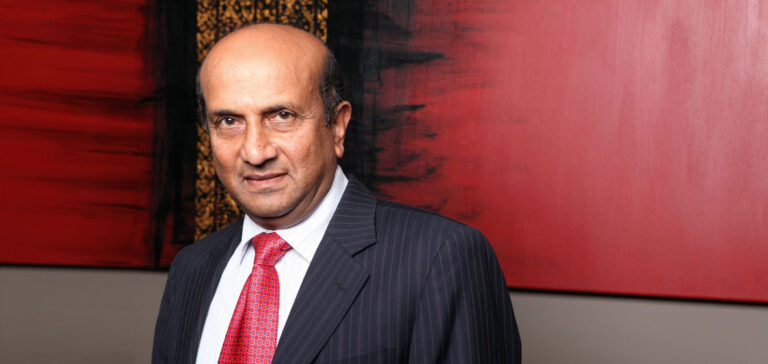
BY FLOYD ALEXANDER-HUNT – NOV 08, 2022 9:00 AM AEDT
Maithri Panagoda is a partner at Carroll & O’Dea Lawyers and one of Australia’s leading compensation lawyers. The newly released book ‘Pursuing a Vision of Justice’ covers his career and groundbreaking work with Indigenous Australians.
How did the book ‘Pursuing a Vision of Justice’ come about?
In early 2020, an editor in Sri Lanka approached me. He had read my work in Australia and was interested in writing about it. I actually tried to discourage him, but he thought there was something valuable for the next generation, particularly my work with Indigenous people. In the end I agreed, and he spent over two years researching my life and work. It’s a collection of essays, written by people I have come across over the years. I get emotional reading some parts of it. It goes back to my childhood and there are two chapters written by my wife and daughter. I didn’t see my daughter’s chapter before it went to print. She sent it directly to the editor, so it was emotional. It made me feel like I have done something positive with my life. This book will be useful for the next generation of lawyers – you can achieve anything if you work hard.
What has been your biggest career highlight?
I’d say my work with the Stolen Generations. That was a huge success because it’s an aspect that no other law firm was prepared to take on. All the legal principles were against us. But I was passionate about trying to do something. Together with the Stolen Generations Council in NSW, we made representations to the State Government at the time. Eventually the Government agreed that we should come up with a proposal. The proposal was good because it was non adversarial and didn’t require detailed medical or legal reports. In the end, my colleague Hayley Aldrich and I completed 256 claims. We travelled within NSW and interstate. Being able to do that was the highlight of my career.
What was particularly challenging about that work?
There were a lot of difficulties. Initially, we were concerned that we were spending all this time and money for an unsuccessful result. We were getting into unchartered territory. Our firm is a business and there’s a limit to how much work you can do pro bono. I had to take a risk and explain to my partners that it was worthwhile. Fortunately, they gave me the green light. We also had to convince the Aboriginal community that we would try and do something worthwhile.
